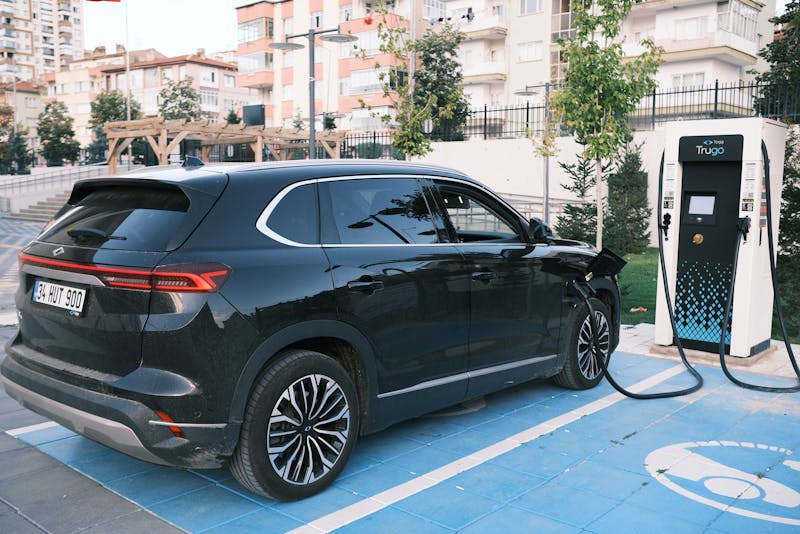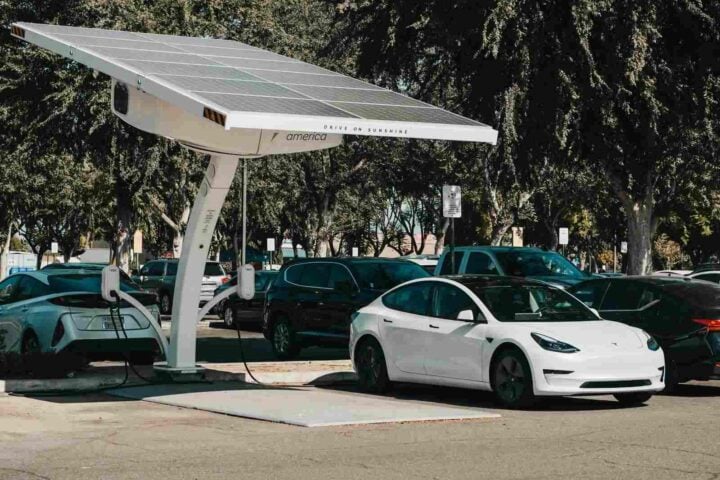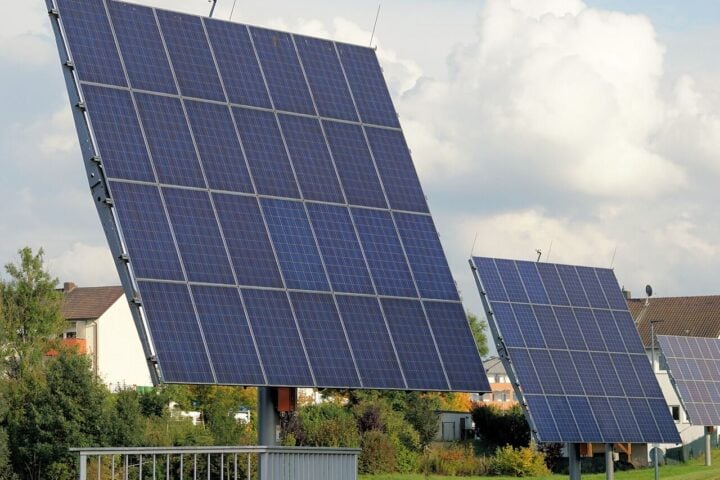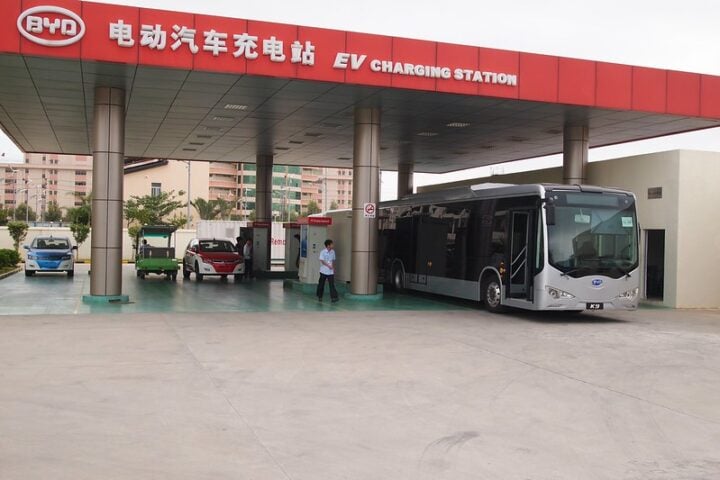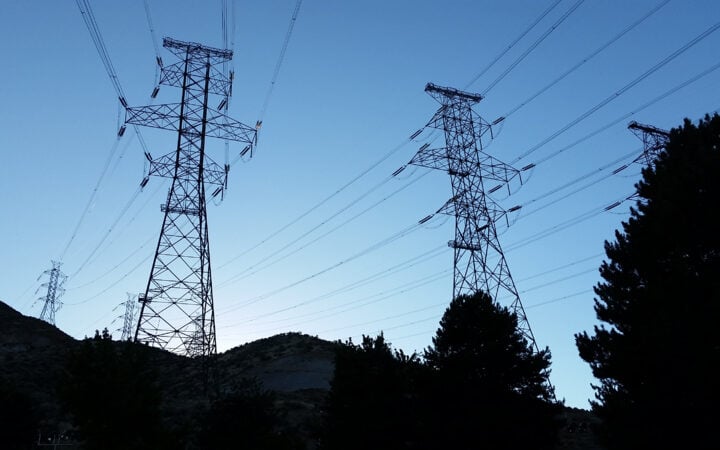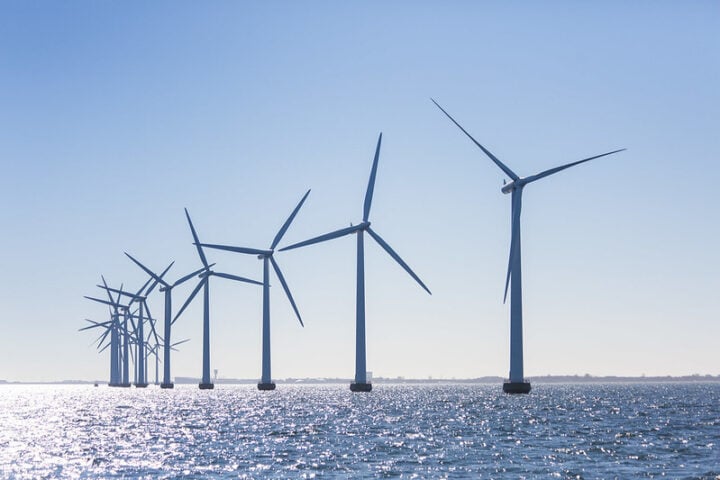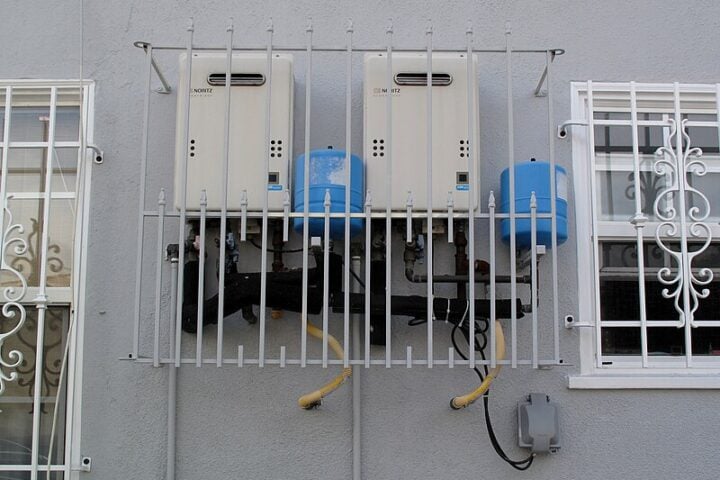The U.S. government has stopped a major program that was building charging stations for electric cars across the country. This decision affects $5 billion worth of charging stations that were planned to help drivers charge their cars on long trips, just like how gas stations serve regular cars.
“We’re reviewing the entire program,” said Emily Biondi from the Federal Highway Administration in a memo sent Thursday. This means states must stop building new charging stations, though they can finish the ones already under construction.
Right now, when you drive an electric car, finding a place to charge can be challenging on long trips. The program was fixing this by putting charging stations every 50 miles on major highways. Having regular charging stops along highways means drivers can plan their trips better, knowing they won’t run out of power.
The program has already made some progress. Fourteen states have working charging stations, with 126 spots where cars can charge. These stations have charging ports where drivers can plug in their electric vehicles to recharge.
Similar Posts
Before the halt, states were planning big expansions. Thirty-five states had plans to build 3,560 new fast-charging ports across 890 locations. Fast-charging technology helps reduce the time drivers spend waiting for their cars to charge, making electric vehicles more practical for everyday use.
This change could affect both current electric car owners and people thinking about buying one. Take Tesla, for example – they received $31 million from this program to build charging stations that would help expand the charging network.
Some experts say the government might not have the power to stop this program. Andrew Rogers, who used to help run these projects, says it “appears to ignore both the law and multiple restraining orders issued by federal courts.” He’s referring to a 1974 law that says presidents can’t just stop spending money that Congress approved.
The impact of this decision extends beyond just numbers. According to PwC analysis in the source documents, the U.S. was on track to reach 35 million charging points by 2030, matching the projected growth to 27 million electric vehicles by that time. This suspension of federal support means states and private companies might need to find other ways to build the charging stations needed for the growing number of electric cars on American roads.
